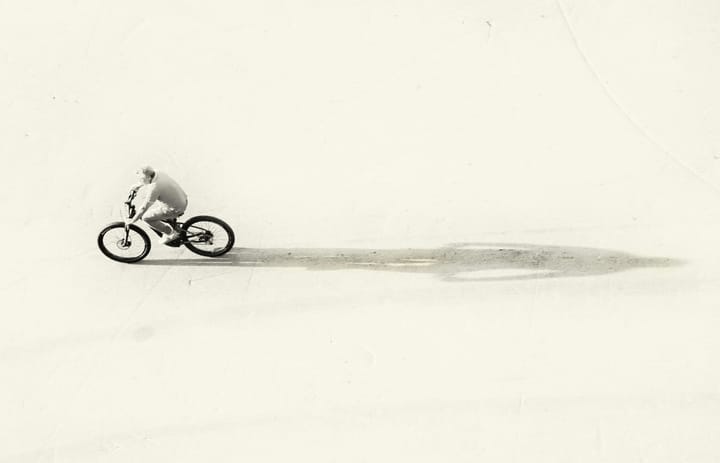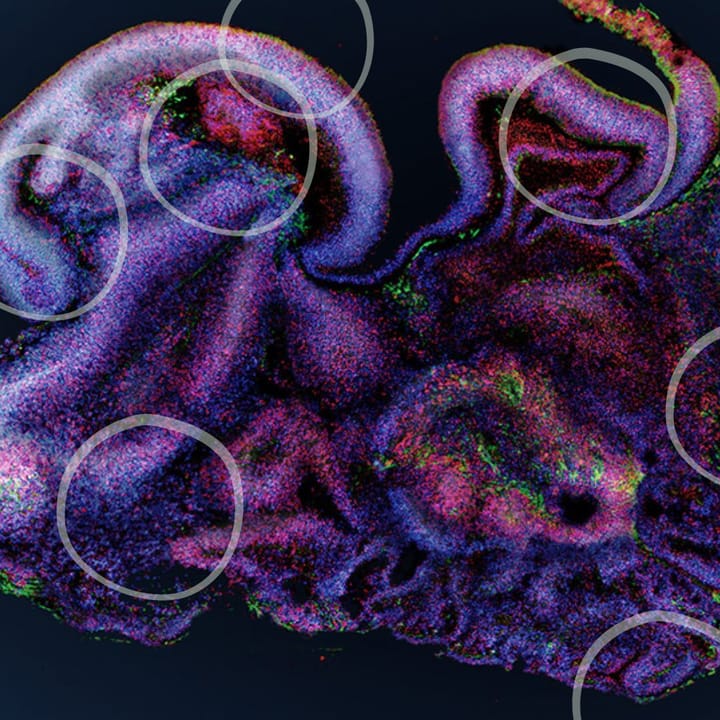The first study modelling the effects of different fishing scenarios on marine ecosystems in the Western Baltic Sea has raised a dire concern towards critically endangered species, identifying overfishing as the main threat to marine biodiversity. By Charlotte Miles.
“[Fisheries are] much more powerful than is good; they can wipe out complete ecosystems within a few years and they do,” says Dr Rainer Froese, a senior fisheries biologist at GEOMAR - Helmholtz Centre for Ocean Research Kiel and co-author of the study [1].
To investigate the extent to which fishing can damage these ecosystems, Dr Froese’s team created a population model using ten years’ worth of data, reflecting real-time catches and changes in marine populations. This model was then used to explore the consequences of different fishing scenarios.
“I could see the degree of overfishing, the degree of misinformation and mismanagement right here at my house door,” says Dr Froese. Indeed, overfishing is a global problem. For example, more than 40% of all commercial stocks in EU waters were unsustainably fished last year, according to official monitoring data [2]. This news comes just two years after the EU’s common fisheries policy stated that the over-exploitation of fish stocks was supposed to end in 2020. If fishing were to continue at the same rate as it does now, already-depleted fish stocks would be greatly diminished. An implication of this includes a significant reduction in food security for native predators, including harbour porpoises, which could be pushed to the brink of extinction. Now, the question arises, “What can be done to mitigate the marine-depleting effects of overfishing?”

Based on their model, the researchers propose an ecosystem-based approach to fishery management, in which the interaction between species in an ecosystem is recognised. In doing so populations of heavily fished species such as cod and herring can be restored, ensuring food security for future generations.
The ecosystem-based fisheries management proposes reducing catches of keystone species, such as sprat and herring to 50 percent of the maximum sustainable yield, the largest possible catch that can be sustained over time, and catches of cod and flatfish to 80 percent of the maximum sustainable yield.
If successfully implemented, this ecosystem-based fisheries model could result in a quick response from most species, establishing an equilibrium in supply and demand in just five years. In the long term, catches of cod could increase by up to 70 percent and catches of herring increasing to 50 percent by 2050. During this time, it is also possible for the most vulnerable predator, the harbour porpoise, to recover.
Overfishing also places a burden on our fight for climate change and ocean warming, as it undermines the ocean’s ability to perform critical ecosystem services such as storing carbon that is needed for climate mitigation. For instance, studies have shown that fishing fleets emit millions of tonnes of CO2 each year from burning fuel (the EU alone emits 7.3 million tonnes per year), which is further exacerbated when destructive fishing like bottom trawling (dragging fishing nets along the seabed, destroying deep see marine life and flora) is involved. Hence, this again highlights the importance of replenishing fish stocks for the betterment of our ecosystem. It is now apparent more than ever that the overfishing crisis needs to be addressed to secure fish supply for future generations, improve the health of the ecosystem in the Baltic Sea, and save important species from extinction.
According to Dr Froese, “Ecosystem-based fisheries management is required by the law, but it is ignored by those in charge… [fisheries] continue business as usual because that is what they have always done … if it goes the wrong way which it has done now, someone else is to blame but certainly not them”.
Despite this, Dr Froese remains optimistic and is dedicated to continuing his effort to stop overfishing. He believes that “hope is the last thing to die [and that] there is a chance for a better future”.
Bibliography
[1] Scotti M, Opitz S, MacNeil L, Kreutle A, Pusch C and Froese R (2022) “Ecosystem-based fisheries management increases catch and carbon sequestration through recovery of exploited stocks: The western Baltic Sea case study.” Frontiers in Marine Science, 9: 879998. doi:10.3389/fmars.2022.879998
[2] European Commision (2021) [Internet]. CFP monitoring. [cited 2022 Dec 6]. Available from: https://stecf.jrc.ec.europa.eu/reports/cfp-monitoring





